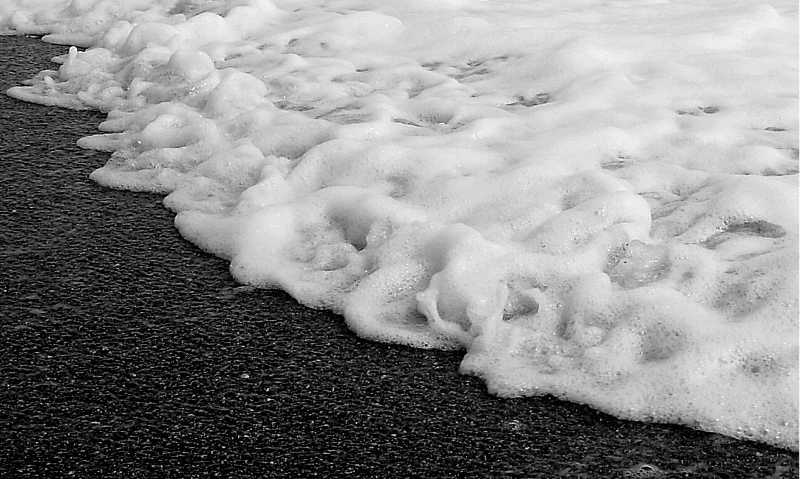FWP:
SETS == DIALOGUE;
VARNAH
GRANDIOSITY: {5,3}
SKY {15,7}
WARNING verses: {15,15}; {24,4}; {54,3}; {78,6}; {88,4}; {111,16}; {124,2}; {142,1}; {155,5x}; {169,6}*, and the whole verse-set; {172,3}; {177,2}; {189,10}; {204,5}; {228,12x}; {233,17} // {244x,7}; {360x,8}; {361x,5}
On the twofold grammar of varnah (of which vagarnah is the full Persian form) see {3,14x}.
The lover either did weep the sky into a mass of foam (clouds), or would have done so if he had not been stopped by a prudent bystander. This 'cosmic destruction' theme involves sometimes weeping, and sometimes fire. Usually these cataclysms seem to occur only in the lover's own world, but in other verses, like this one, they appear to be evident and dangerous to ordinary human beings as well.
The wordplay of sail and sailāb , with their similar but slightly different meanings (see the definitions above), also helps to energize the verse.
Compare this verse with its less fortunate unpublished cousin,
{15,16x}.

Nazm:
That is, the flood of tears would have reached up to the sky. (17)
== Nazm page 17